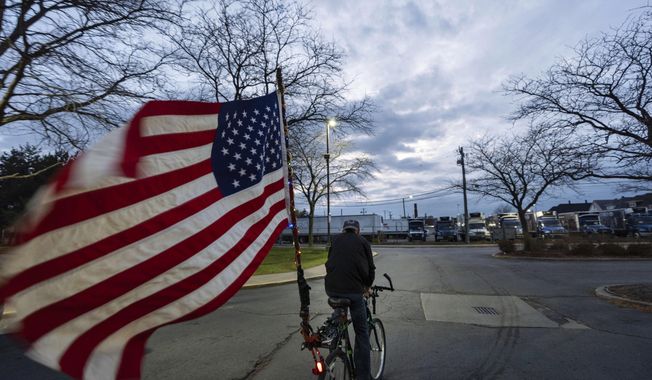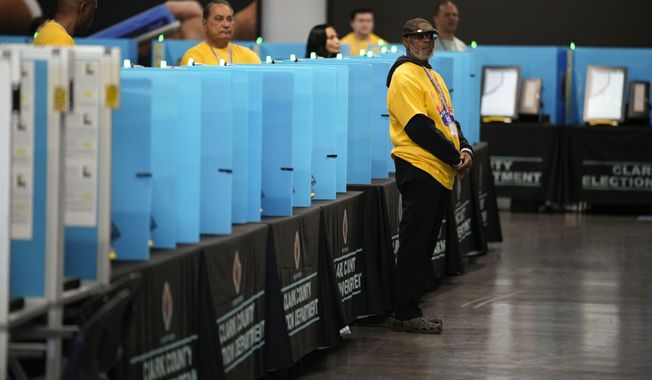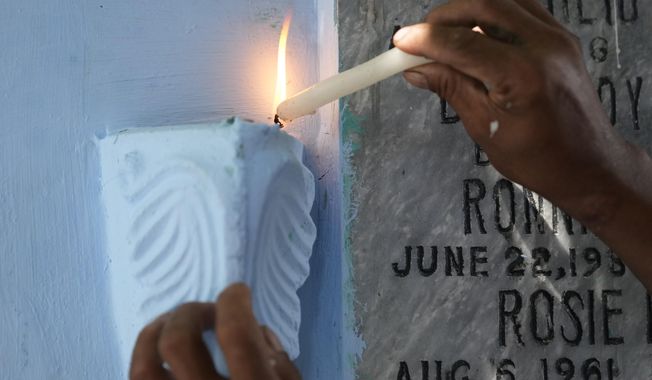
FILE - In this July 7, 2016, file photo, Dallas police move to detain a driver after several police officers were shot in downtown Dallas when a sniper opened fire at a Black Lives Matter protest. Only hours after the ambush that killed five Dallas law enforcement officers, mental health experts began thinking ahead, searching for ways to ease the long-term effects of the attack on the men and women who patrol the nation’s ninth-largest city. A year after the ambush, Dallas officers are still grieving, but scores of them have received or are on track to receive specialized training in “mindfulness” and other stress-management techniques that aim to teach police how to better understand and control their emotions, both on and off the job. (AP Photo/LM Otero, File)
Featured Photo Galleries

Trump Transition: Here are the people Trump has picked for key positions so far
President-elect Donald Trump has announced a flurry of picks for his incoming administration. Get full coverage of the Trump transition from The Washingon Times.

Trump dances onstage, takes post-election nation by storm
President-elect Trump dances onstage












